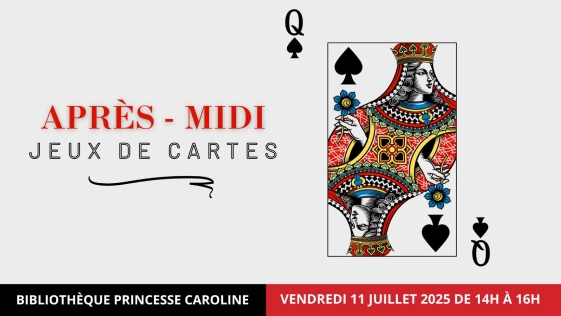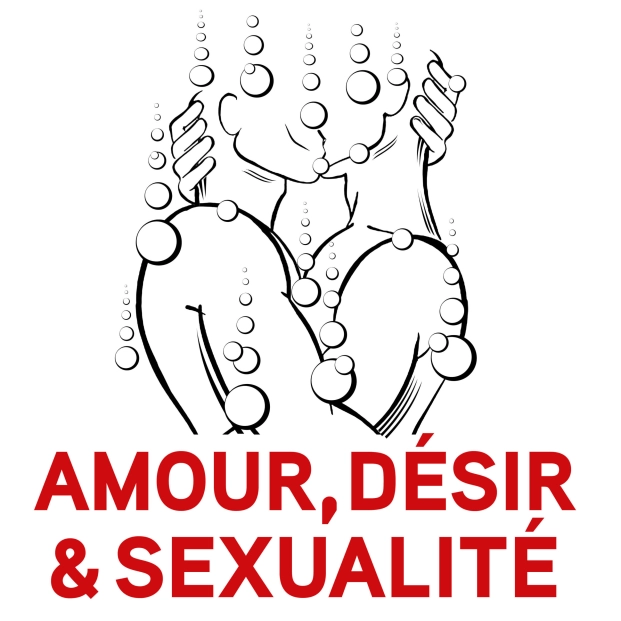
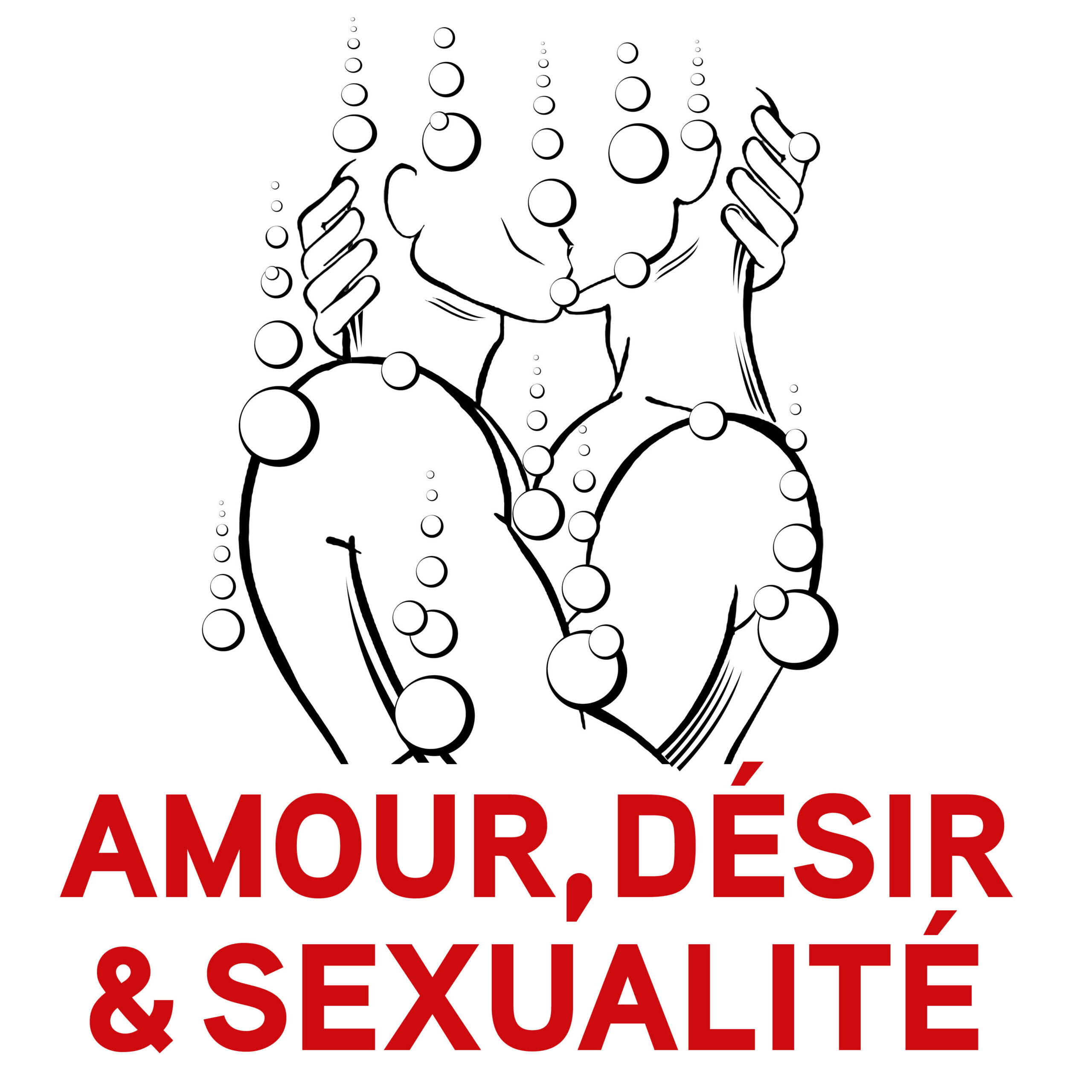
Love, desire and sexuality

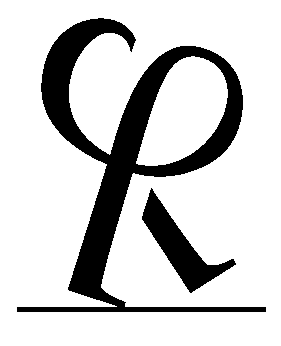
Introduction
A passionate, intense and burning love, that grows with each passing day, a desire that is constantly renewed, receding for a while before coming back stronger, like a rising tide, a sexuality that is fulfilled, unbridled and without taboos, a never-ending source of unbelievable pleasure and enjoyment... Together, they would make everything else irrelevant, turning life into one long, joyous river. But are they ever truly experienced together? It is rare to find love without desire, but it can exist without sexuality, in the forms of philia, agape or caritas, and does not necessarily follow the path set out by eros. Desire – which, of course, has its roots in the meaning “to stop contemplating the stars”, in other words to take note of absence – drives love and sex, but also travel, work, sport, reading, good food and fine wine, and the urge to work or to do absolutely nothing. As for sexuality, it can exist without love and even, in a mechanical, routine, automatic form, without desire. But it is difficult to recognise this: “you don’t love me anymore” is said to express “you don’t want me any more” and vice versa, as if love, desire and pleasure were synonymous. Desire applies to so many objects – all missed, or desire would cease to desire – that it becomes tyrannical. Love takes so many forms that none are recognisable, apart from the one that underpins them all, unseen, and which undoubtedly pollutes them all: love of self, or philautia, or worse still, love not of another but of love itself. Sexuality is so deeply rooted in the inner workings of the body and the impenetrable areas of imagination and fantasy that it becomes “impossible to transmit”, not even capable of establishing a “sexual relationship”, which, as Lacan said, does not exist because humans remain, in terms of sexual pleasure, “in exile”, without producing sharing, without ever becoming One with the Other, the body only able to experience pleasure as One without Another, auto-erotically. Consequently, the wish to combine love, desire and sexuality stems from a dream, an attempt to build castles in the air with faulty bricks and crumble cement. A catastrophist vision, which is more or less shared by all. But that does not stop anyone from embarking on the adventure, from wanting to love (even though love cannot be willed but arrives without anyone having decided on it), from continuing to desire (even though no desire can ever be satisfied, or it would die) and from seeking pleasure (even though sexual please is the seal of impossibility of being “with” another).
But however much we say that love tortures, that desire shackles, that sex divides, nothing changes: every woman and every man knows that the pain they cause produces the most beautiful songs, that without love, without desire, without pleasure, existence would be a dark tunnel from which no one would feel able to emerge – except for those who love in the right way, who are capable of moving mountains, digging the earth with their bare hands or flying like birds.
Robert Maggiori
© Monaco Philosophical Encounters.
Informations
Similar events
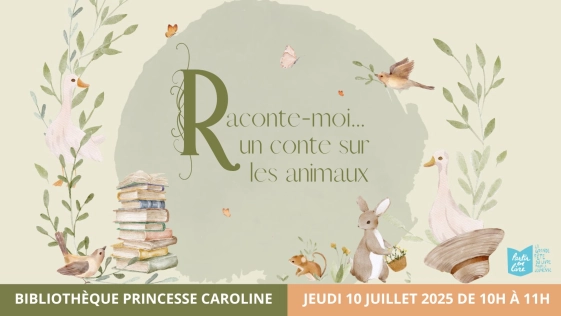
Raconte-moi...un conte sur les animaux + 4 ans
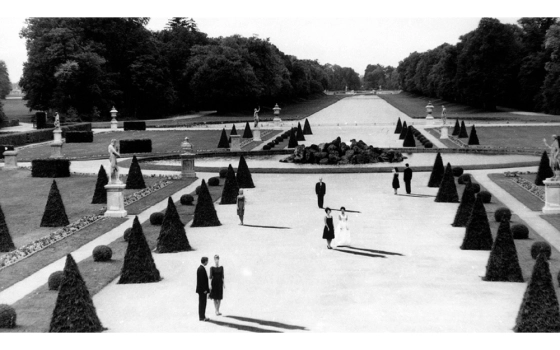
Nocturne et projection de "L'Année dernière à Marienbad" (1961) d'Alain Resnais
